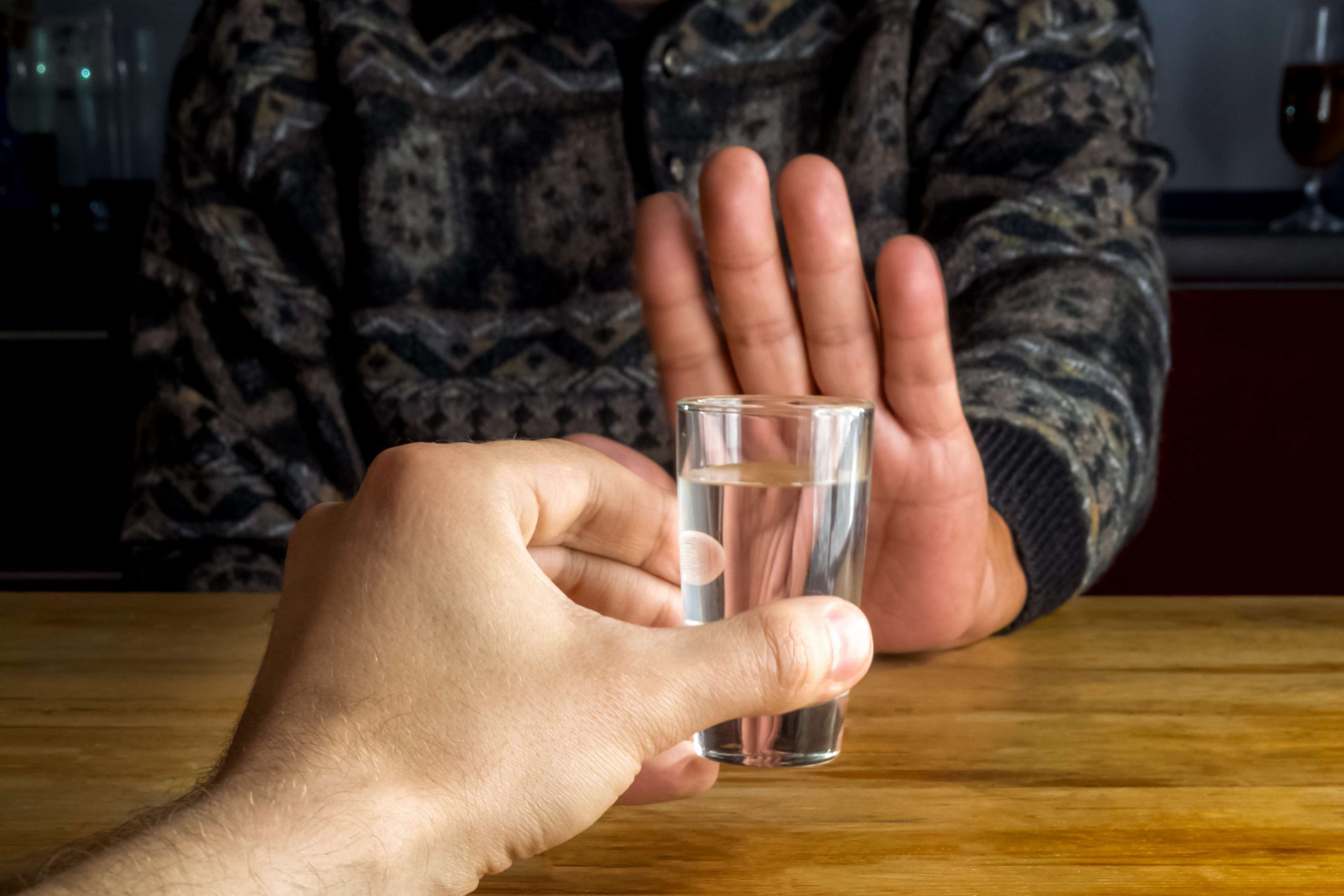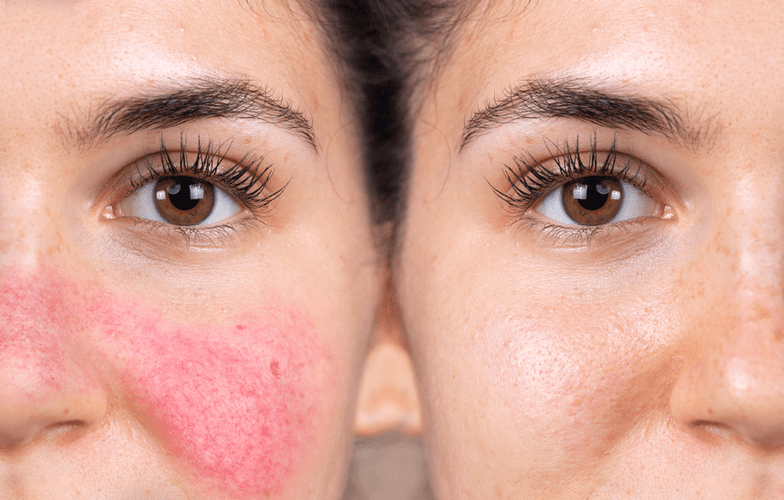Early intervention and treatment can prevent complications and improve long-term outcomes. Informed by her personal journey to recovery and support of loved ones in sobriety, Jessica’s empathetic and authentic approach resonates deeply with the Addiction Help alcohol withdrawal community. By seeking detox treatment, you can get the care and support you need to withdraw from alcohol safely. We do not earn any commission or fee based on the treatment provider selected by the caller, and there is no obligation to pursue treatment.

Finding Free Methadone Clinics: A Path to Affordable Recovery
Understanding these early warning signs empowers you to seek help before symptoms escalate. For example, recognizing a hand tremor as a neurological response, rather than a personal failing, can reduce feelings of shame or anxiety. Your nervous system, now on high alert, starts sending out distress signals. It’s not weakness, but your brain struggling to regulate motor functions without the sedative effect of alcohol.
Get the Help You Deserve: Finding Substance Abuse Treatment
- For those seeking addiction treatment for themselves or a loved one, all phone calls are confidential and are available for 24/7 help.
- Alcohol withdrawal syndrome refers to a group of symptoms that can develop when someone with alcohol use disorder suddenly stops drinking.
- The main ways to prevent alcohol withdrawal are to avoid alcohol altogether or to get professional help as soon as possible if you think you’re developing alcohol use disorder.
- Delirium tremens(DTs), or “alcohol withdrawal delirium,” is one of the more extreme symptoms that can occur after quitting alcohol.
- You may reach a point where you start drinking again just to relieve your symptoms.
- Cognitive deficits can also improve substantially with abstinence, although the extent of brain recovery is not fully understood.
When you quit alcohol after using it consistently, your body spends about a week to a week and a half adjusting to its absence. This can create dangerous withdrawal symptoms drug addiction but will typically fully resolve within two weeks. You’ve taken an important first step toward recovery by deciding to stop drinking.
Alcohol withdrawal syndrome
Each step forward builds momentum toward a healthier, addiction-free life. Common medications include benzodiazepines to stabilize vital signs and reduce seizure risk. Other options, like naltrexone, disulfiram, and acamprosate, help reduce cravings and support long-term recovery. Suddenly stopping can lead to symptoms like tremors, anxiety, seizures, and delirium, depending on the person’s history and drinking patterns. These can feel discouraging, but many find solace in recognizing that they’ve made it through the most dangerous part of the alcohol withdrawal syndrome timeline.
- When you abruptly stop drinking, your body is deprived of the effects of alcohol and requires time to adjust to functioning without it.
- Alcohol withdrawal is primarily the result of the body’s adaptation to the depressant effects of alcohol over time.
- People at high risk of complications should enter a short-term in-patient detox program.
- Support groups, like Alcoholics Anonymous and Al-Anon, offer an outlet to discuss treatment goals and challenges with other people who are in alcohol recovery.

Professional Support Makes the Difference Quitting alcohol safely resembles landing a plane. Medical professionals act as your air traffic controllers, guiding you to a safe landing. Red Flags That Demand Action Some warning signs flash brighter than others, like emergency vehicles in the night.